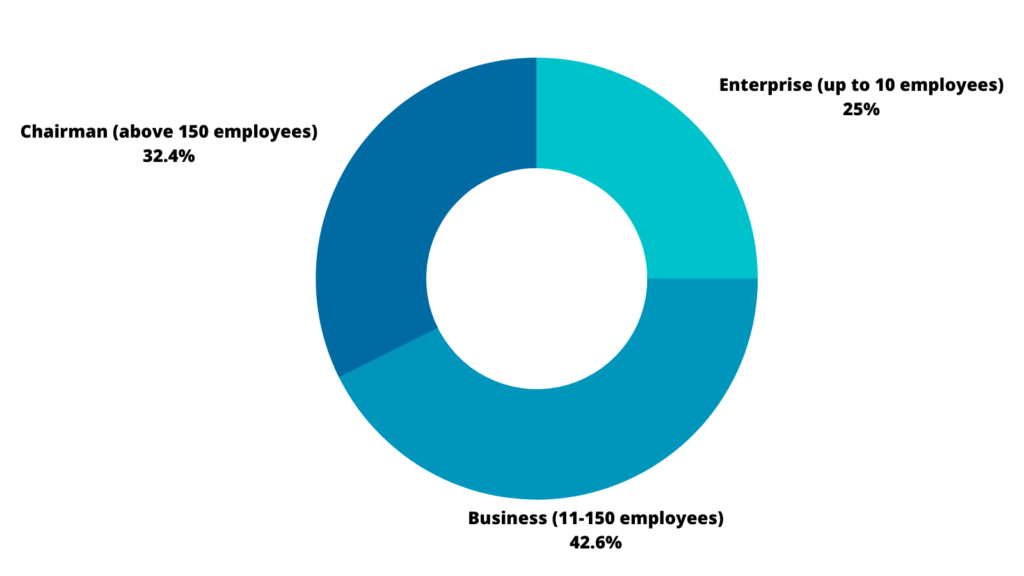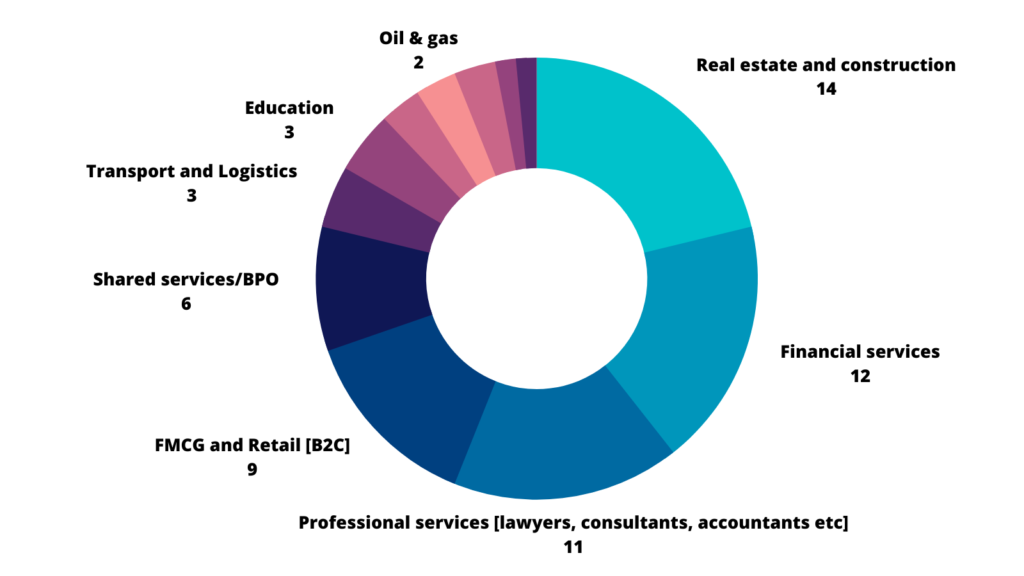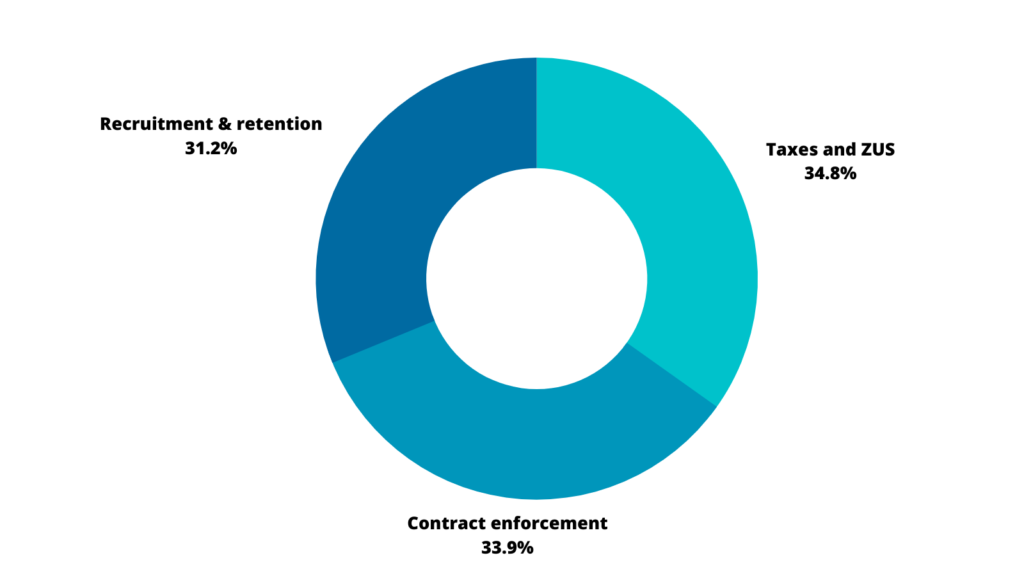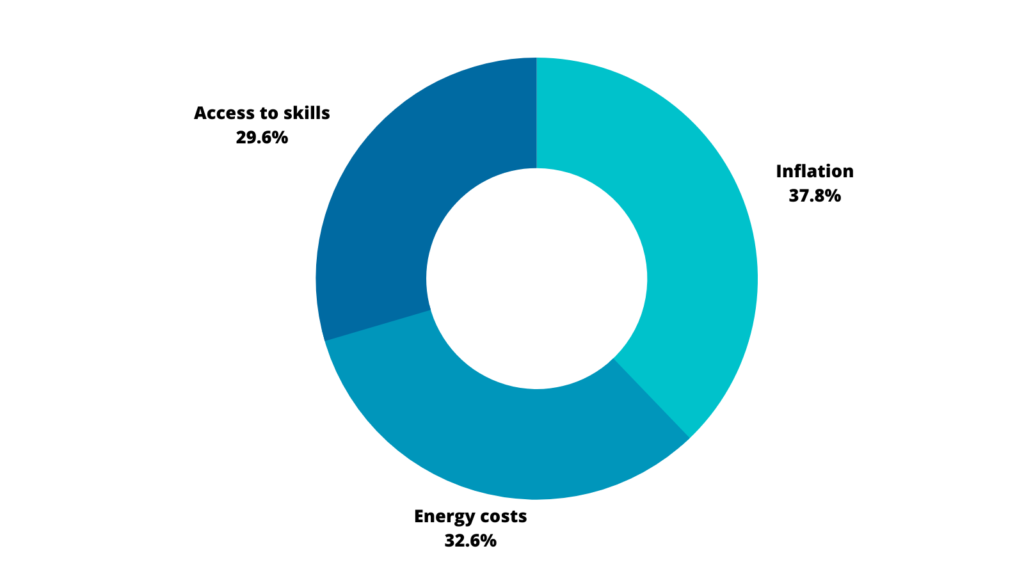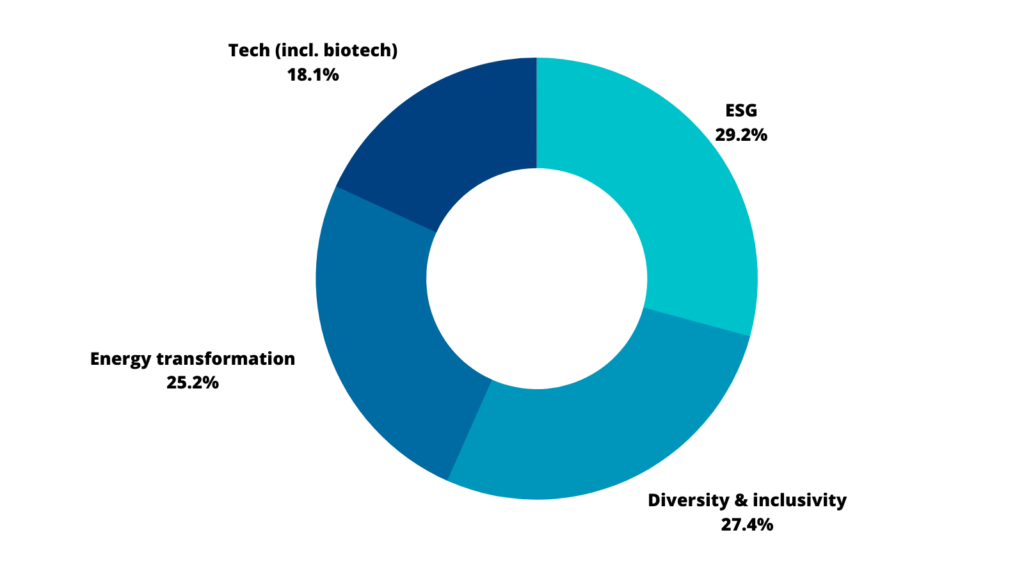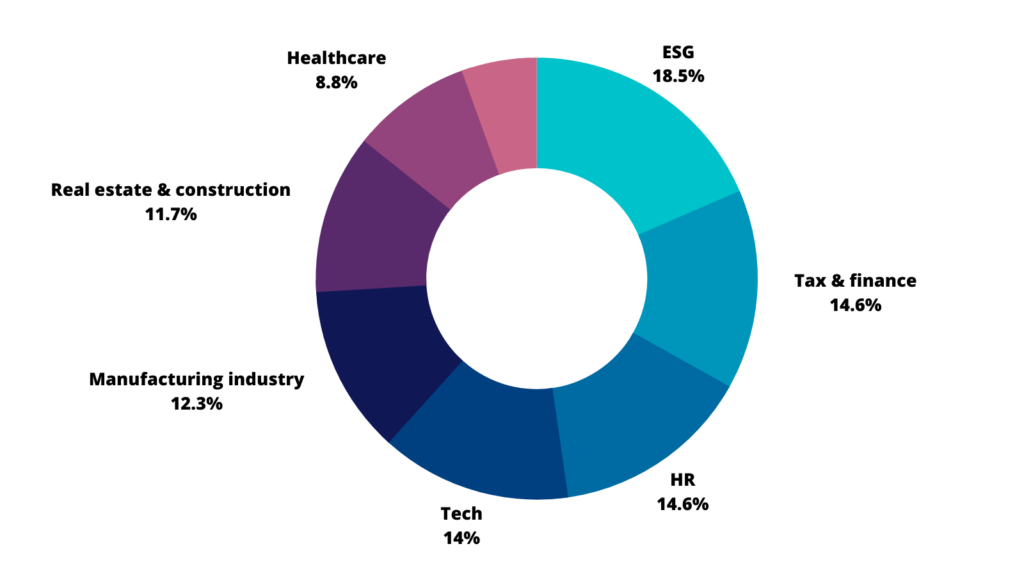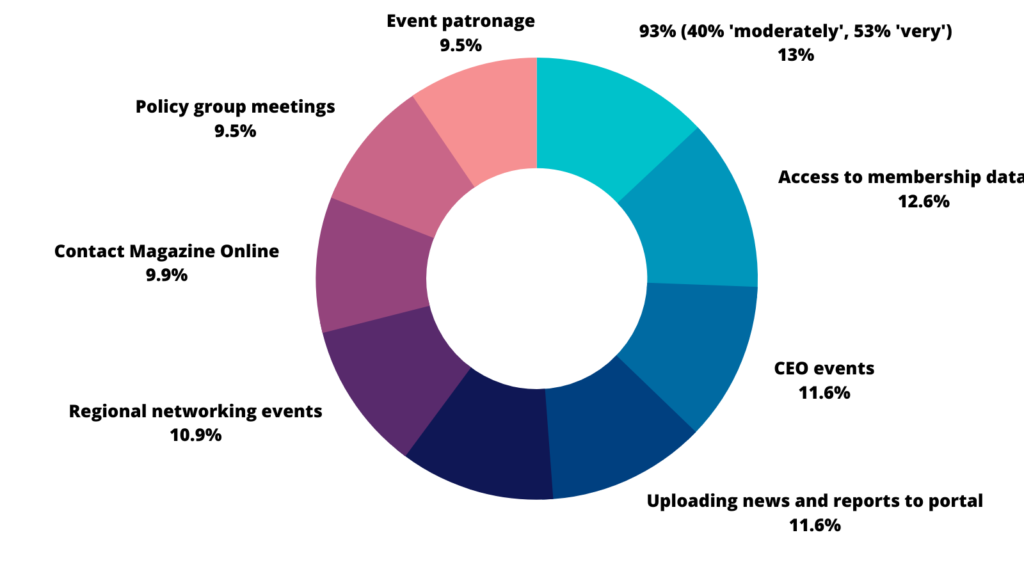Dear Members,
Thank you participating in the membership survey. Here’s an executive summary of the results. This will be core data for us to work on this year.
Breakdown by industry sector (aggregated):
• Real estate and construction (14)
• Financial services (12)
• Professional services [lawyers, consultants, accountants etc] (11)
• FMCG and Retail [B2C] (9)
• Shared services/BPO (6)
• Transport and Logistics (3)
• Education (3)
• Hospitality (2)
• Oil & gas (2)
• Manufacturing (2)
• Technology (1)
• Charity organisation (1)
[Provided answers: 66]
The big picture :
Members want a greater degree of interaction between the chamber and government, presenting issues affecting the competitiveness of Poland’s business environment to legislators and regulators. They also want the chamber to focus on business development – networking, profile-building, passing on leads. However, it’s clear that businesses of all sizes and across all sectors want to reduce the bureaucratic friction in doing business in Poland.
Assessing the business environment in Poland:
Worth noting that whilst only 27% answered that Regulatory Overreach was ‘very important’ to them, this challenge scored highest for ‘fairly important’ at 43%.
The BPCC’s role
In terms of what the BPCC should be doing to help members when it comes to the business environment in Poland, the two top answers were ‘Organising meetings with Polish legislators and decision-makers to discuss specific problems faced by business’ (30%) and ‘Helping you to connect with other businesses and experts from your sector to share best business practices and insights’ (30%). The majority of respondents (61%) said they would be prepared to contribute to the BPCC’s work in communicating concerns about specific problems faced by business, either by attending meetings or with written submissions. And 55% said they have a dedicated person in-house dealing with regulatory affairs and compliance.
Looking at the write-in responses to the open question, better regulatory affairs work is seen as equal in importance to extending business-development opportunities.
Here are some sample answers:
- “The BPCC should be quicker to react on business problems, and connections to government should be improved”
- “More engagement with government”
- “More active about regulations and public affairs”
- “Be more active in granting opportunity for members to meet regulators”
- “Development of public policy leg as a priority”
- “Representing the interests of BPCC members in relation to the authorities”
- “Monitoring upcoming regulations and informing members in advance about plans to change the law, interpreting legal regulations, and communicating with regulators on behalf of BPCC members.”
Priorities – key areas of focused work
Members ranked the relative importance of the four key areas of focused work for 2023 in the following way:
1. ESG 66% (32% ‘fairly’, 34% ‘very’)
2. Diversity & inclusivity 62% (39% ‘fairly’, 23% very’)
3. Energy transformation 57% (18% ‘fairly’, 39% ‘very’)
4. Tech (incl. biotech) 41% (36% ‘fairly’, 5% ‘very’)
The BPCC’s eight policy groups will turn into sector-focused activities to enhance B2B development and know-how sharing. Their relevance was ranked in the following way:
- ESG 57% (26% ‘fairly’, 31% ‘extremely’)
- Tax & finance 45% (21% ‘fairly’, 24% ‘extremely’)
- HR 45% (24% ‘fairly’, 21% ‘extremely’)
- Tech 43% (36% ‘fairly’, 7% ‘extremely’)
- Manufacturing industry 38% (17% ‘fairly’, 21% ‘extremely’)
- Real estate & construction 36% (17% ‘fairly’, 19% ‘extremely’)
- Healthcare 27% (17% ‘fairly’, 10% ‘extremely’)
- Public procurement & PPP 17% (7% ‘fairly’, 10% ‘extremely’)
Ranking the usefulness of BPCC events and services:
- Warsaw networking events 93% (40% ‘moderately’, 53% ‘very’)
- Access to membership database 90% (45% ‘moderately’, 45% ‘very’)
- CEO events 83% (20% ‘moderately’, 63% ‘very’)
- Uploading news and reports to portal 83% (50% ‘moderately’, 33% ‘very’)
- Access to BPCC media (ads and mailshots) 81% (43% ‘moderately’, 38% ‘very’)
- Regional networking events 78% (35% ‘moderately’, 33% ‘very’)
- Contact Magazine Online 71% (53% ‘moderately’, 18% ‘very’)
- Policy group meetings 68% (43% ‘moderately, 25% ‘very’)
- Event patronage 68% (43% ‘moderately’, 25% ‘very’)
Question 11 asked members what should be the key areas of work for the BPCC’s full-time Regulatory Manager who will be joining the chamber soon – here’s what they want:
• Monitoring regulations, access to government, organising meetings with government officials
• More media activity about business issues
• Monitoring the legislative work-paths
• Lobbying for positive and predictable changes in legislation
• Building a good network among decision makers to facilitate individual meetings when needed
• Cooperation with members’ in-house compliance managers on a regular basis
• Representing members in contacts with the regulators
• Keeping members updated on legislative changes
• Preparing BPCC written positions when needed
• Monitoring upcoming regulatory changes
• Informing members about plans to change the law in good time
• Interpreting the regulations and communicating with regulators on behalf of BPCC members so that they can prepare
• Focusing on those regulations most relevant to business where there is a high probability of effecting positive change
Specific areas of regulation that members cited reflected the barriers to business listed in the previous question, with tax, labour law, construction permits, ESG, energy transformation, packaging waste, work permit procedures, excise duty (fuel, alcohol, tobacco).
The final question asked members how the BPCC could become more relevant to their businesses and deliver greater value.
The answers fell into two categories – creating more opportunities for business development, and improving contacts with government so as to react quickly on behalf of members to make doing business easier in Poland.
In terms of business environment:
• Maintaining the events organised by BPCC and creating industry networks
• Match-making with new potential clients
• More events bringing together people from different businesses
• Live networking, where the most business relationships are built
• We appreciate business networking and contacts with other companies from our industry
• Mediation in maintaining contact with other BPCC members
• Make more introductions to other members/UK companies
• Continue with passing on referrals and making connections, more networking
In terms of improving the business environment:
• Be more active in granting opportunity for members to meet regulators, and in public affairs
• Represent the interests of BPCC members in relation to the authorities
• BPCC should be quicker to react on business problems
• Connections with the government should be improved
• Stay open and continue supporting initiatives raised by business
• Developing public policy as a priority







